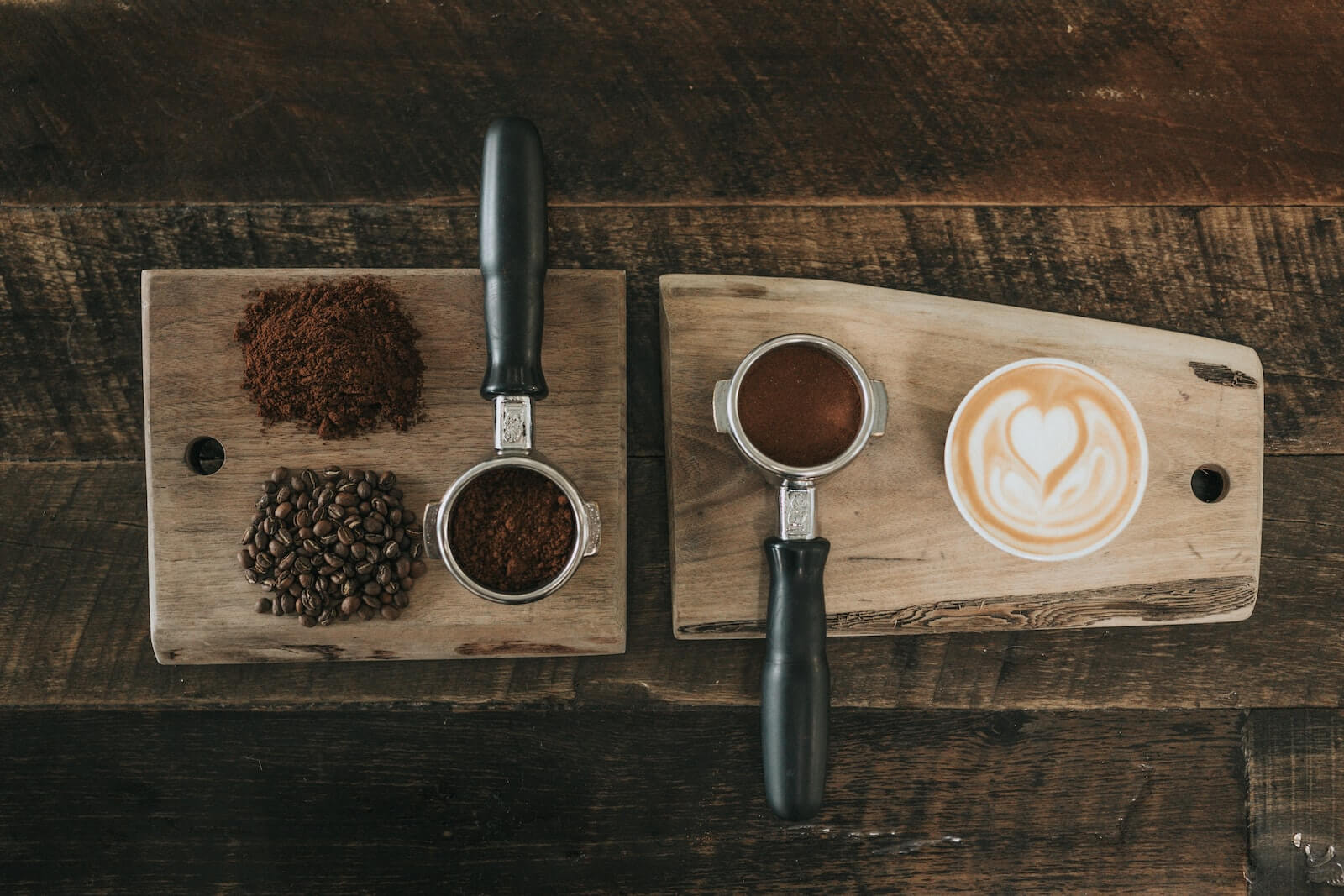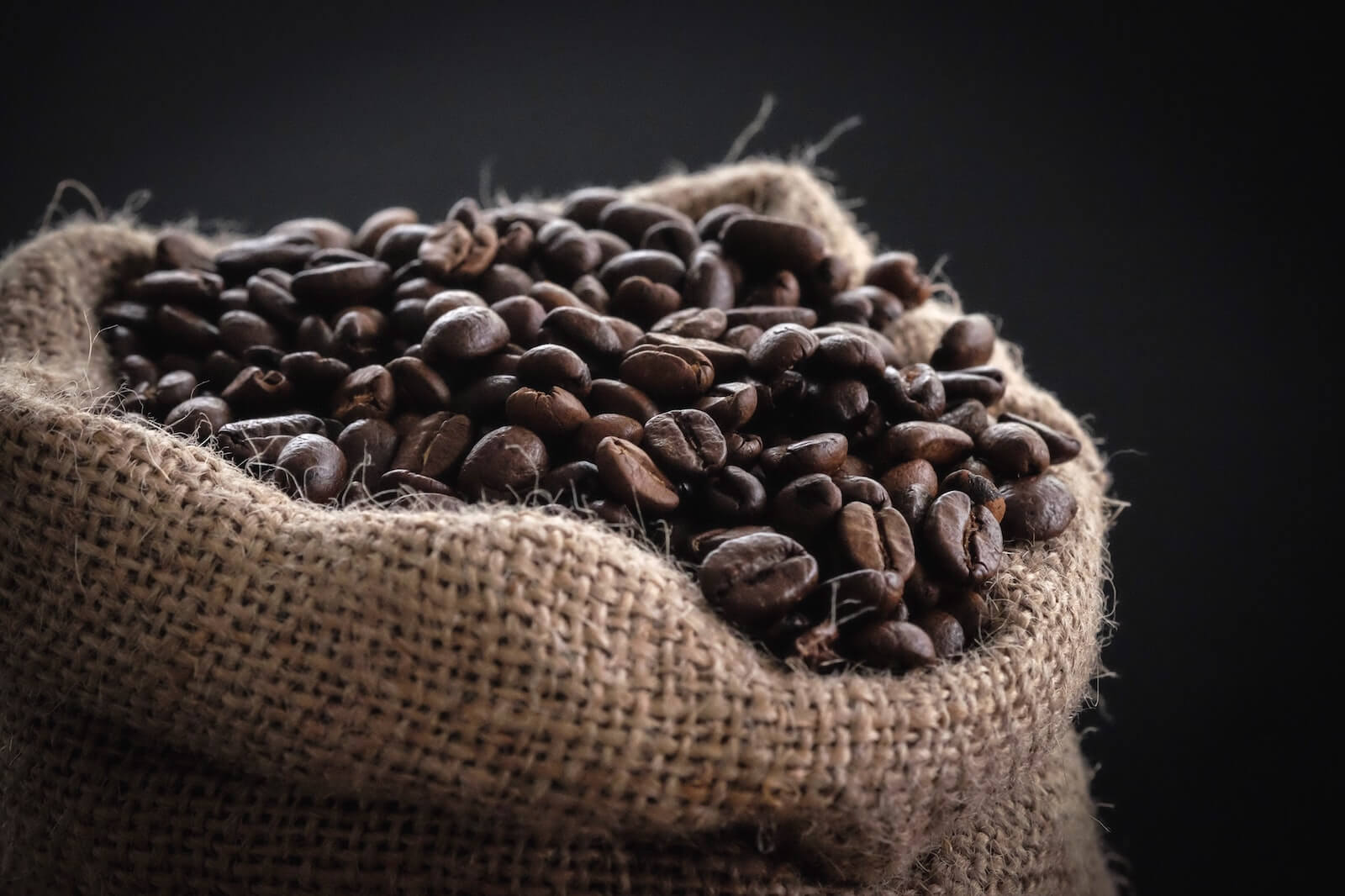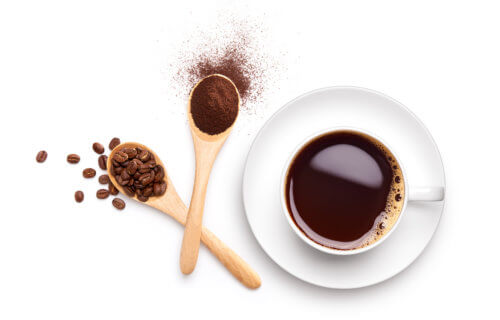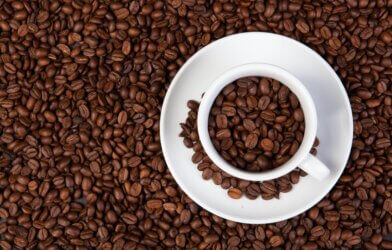Is coffee good for you? Coffee lovers around the world who reach for their favorite morning brew probably aren’t thinking about the ways it improves their health. Most people are drinking coffee likely because of its ability to provide a much-needed energy boost from caffeine. After all, how can we possibly get work done with a mug of three? Yes, that’s an incredible side effect. However, according to numerous studies, coffee also offers a wide variety of fantastic health benefits.
So the question shouldn’t be, “Is coffee good for you?” Instead it should be, “How is coffee good for you?” Thankfully, some of the world’s brightest scientists have spent years learning all the wonderful reasons we should drink coffee.
There’s no shortage of studies showing just how great drinking coffee can be for our bodies. Here are seven of the best health benefits of coffee, we especially appreciate, that have been confirmed in studies published on StudyFinds.
The List: 7 Health Benefits Of Coffee, According To Science
Coffee consumption may add years to your life
Drinking coffee lowers the risk of death from a variety of common diseases and conditions. In a study of more than 185,000 people, scientists found that all racial groups— Whites, Asians, African Americans, and Hispanics — had a 12 percent lower incidence of death due to heart disease, cancer, stroke, diabetes, respiratory problems, or kidney disease when they drank one cup of coffee a day.
This decrease in mortality was even greater — 18 percent — for those who drank two to three cups a day.

“We cannot say drinking coffee will prolong your life, but we see an association,” says V. Wendy Setiawan, senior author of the study. “If you like to drink coffee, drink up! If you’re not a coffee drinker, then you need to consider if you should start.”
In a separate analysis of coffee research, scientists at the University of Southampton in England reviewed 218 previous studies to help determine the outcomes that coffee consumption has on health. They conclude that enjoying three to four cups of steaming java a day can not only help one reduce their likelihood of dying or suffering from heart disease, but it may also lower their risk of getting diabetes, liver disease, dementia, and certain cancers.
Improvement in test performance and alertness — just by its scent
That’s right, simply the smell of a cup of joe can help you perform better on tests. In one study, 100 undergraduate business students were enlisted to take a 10-question GMAT algebra test. Some students completed their exam in a computer lab that smelled of coffee, while the others worked in an unscented room.
The test results showed students in the room that reeked of coffee scored markedly higher on their test. In fact, the smell of coffee, they found, even added an extra layer of confidence for test-takers, increasing their expectations of performing better on the exam. Scientists believe the study should have wide-ranging implications. The scent of coffee may even help employees feel more enthusiastic or productive in the office.
“Olfaction is one of our most powerful senses,” says study co-author Adriana Madzharov, a Stevens School of Business professor. “Employers, architects, building developers, retail space managers and others, can use subtle scents to help shape employees’ or occupants’ experience with their environment.”
Confirming these results, another study finds that the smell or thought of coffee improves focus, too. In that experiment, 871 participants were exposed to coffee-related cues (smells, sounds, images) in four separate experiments. The cues were designed to make participants think of the beverage and the caffeine it carries without ingesting it.
Results also show that priming people with coffee smells and other cues increased their alertness, energy levels, heart rate, and narrowed their focus.
Activation of calorie-burning ‘brown fat’
One cup of coffee can activate “brown fat” in our bodies, research shows. Unlike more traditional white fat, brown fat actually burns calories and promotes weight loss.
Brown adipose tissue, more commonly referred to as brown fat, was thought to only be found in human infants and hibernating mammals. Scientists, however, discovered that human adults can have brown fat as well. Essentially, brown fat creates body warmth by burning calories.
The study is the first to show how brown fat can be stimulated in adults. Using thermal imaging on individuals immediately after drinking a cup of coffee, they concluded that caffeine indeed stimulates brown fat cells.
Daily cup of coffee lowers prostate cancer risks
Drinking coffee every day could keep prostate cancer at bay — and even improve chances of survival in patients.
Chinese scientists found that regular coffee drinkers are around 10 percent less likely to develop prostate cancer. According to the American Cancer Society, one in eight men will be diagnosed with prostate cancer in their lifetime. One in 41 will die from the disease.
Coffee consumption among participants ranged from under two cups to nine or more cups each day. The results reveal coffee lovers are nine percent less likely to suffer from prostate cancer compared to people who don’t consume the beverage. Cancer is also 12 percent less likely to spread if patients are heavy coffee drinkers.
The biggest limitation on the data comes from studies using observational data which relies on participants giving accurate figures on their coffee consumption. The results also don’t take into account the types of coffee or their brewing methods. That said, researchers point out there is a biological explanation for their findings. Coffee is known to improve blood sugar levels and has anti-inflammatory and antioxidant benefits. It also affects sex hormone levels, all of which could help protect against prostate cancer.
Reduces risk of Alzheimer’s disease
A report shows having an extra cup or two coffee may make you less likely to develop Alzheimer’s disease.
Coffee-drinking habits and instances of cognitive decline were tracked more than 200 Australians over the course of a decade. “We found participants with no memory impairments and with higher coffee consumption at the start of the study had lower risk of transitioning to mild cognitive impairment – which often precedes Alzheimer’s disease – or developing Alzheimer’s disease over the course of the study,” explains lead investigator Dr. Samantha Gardener.
The study suggests that drinking more coffee has a positive effect on various aspects of brain health including executive function abilities which include planning, self-control, and attention. More coffee also appears to promote a slowing of amyloid protein buildup in the brain, considered a precursor to Alzheimer’s onset.
So how much coffee should you be drinking? Researchers say that if you typically only have one cup of java per morning, don’t feel guilty about heading back to the coffeepot for a second helping. That being said, the study did not determine the “ideal” or “maximum” amount of coffee one should be drinking.
“If the average cup of coffee made at home is 240g, increasing to two cups a day could potentially lower cognitive decline by eight percent after 18 months,” Dr. Gardener adds.
Having 2 cups of coffee daily can help lower blood pressure
Yes, it certainly may sound unlikely considering caffeine’s effect on our energy levels and heart rate. Still, scientists say drinking two cups of coffee every day can help ensure lower blood pressure.
“We know that caffeine can increase blood pressure, but other bioactive components in coffee seem to counterbalance this effect with a positive end result on blood pressure levels,” explains study first author Arrigo Cicero, professor at the Department of Medical and Surgical Sciences at the University of Bologna.
To figure it out, a team of scholars analyzed a sample of 720 men and 783 women from the Brisighella Heart Study. They compared blood pressure levels, coffee consumption habits, and other clinical data points for each person.
“The results are very clear: peripheral blood pressure was significantly lower in individuals consuming one to three cups of coffee a day than in non-coffee drinkers,” Cicero explains. “And for the first time, we were also able to confirm these effects with regard to the central aortic pressure, the one close to the heart, where we observe an almost identical phenomenon with entirely similar values for habitual coffee drinkers compared to non-coffee drinkers.”
Can improve aerobic exercise performance
Having trouble getting some pep in your step when you hit the treadmill or hop on the Peloton? Scientists say coffee may be just what you’re looking for.
In this study, 38 men and women completed a five-kilometer cycle on an exercise bike without drinking anything beforehand. The next day, some participants drank either coffee or a coffee-flavored placebo an hour before performing the same task. A third group again drank nothing.
The results showed that participants in the coffee group completed their cycle faster than participants in the placebo and control groups. Researchers also reported that the observed effect of coffee on cycling performance is similar between men and women.
This study shows that coffee is an effective way to get a surge of caffeine that can improve performance in sports. More research needs to be conducted to identify how caffeine causes this increase in sports performance, but this study adds to the large body of research on the positive effects of coffee on sports performance.

So what are you waiting for? Don’t walk — run to the coffee maker so you too can start enjoying these great health benefits from drinking coffee, if you’re not already. As always, any dietary and lifestyle changes should always first be discussed with your doctor. But we hope this list of benefits from coffee will make you feel even happier about that morning mug.
You might also be interested in:
- Best Coffee Brands
- Best Coffee Makers
- Best Drip Coffee Maker
- Best Instant Coffee
- Best Nespresso Machines
- Best Starbucks Drinks
- Best Espresso Machines

This is an updated version of a post first published on July 24, 2022.




It’s fascinating that you point out that coffee can make it easier to exercise. I’ve been having difficulty achieving my exercise goals since I started going to the gym last month, so I’m thinking about buying some coffee to drink every day. I’m going to search for a good business that can sell me some coffee.
Article didnt mention Star Buck type drinks like Frappuccino or lattes . Iced coffee would also be good so just Hot coffee can get a little much after two cups . Great for working out but probably more due to caffeine . Try the Bullitt coffee it has a lot going for it when you work out.
Caffeine partly counteracted the decline in reaction speed during the first 3 nights of sleep restriction compared to the placebo. However, from the fourth day onwards, there was no difference between caffeine and the placebo (net-bossorg/the-power-of-the-placebo-effect-by-randy-baker). These data suggest that caffeine is an effective tool to compensate for 1-3 nights of poor sleep. In contrast, caffeine is not a solution for a more chronic lack of sleep.
Im 69 and moms 91. She drinks at least 6 to 8 cups a day and smokes constantly . Right before bedtime she has a cup . Just saying it has to have some correlation. She also hardly drinks water and I have to remind her to drink all the time. SHe gets dizzy sometimes which I blame on the coffee also . Bottom line to quote her ” I made it this far ” so Ill keep on doing what the heck I want ! She’s not a big alcohol drinker too.
Is caffeine causing road rage? Is coffee responsible for so many disagreeable people? Is coffee making people quick to quip? Flippant? Short fused? I know one thing, coffee cultivation has been a reason many rain forests being are shrinking…Face it. Coffee is a mind altering addictive drug. If you have to consume it to be “normal” you are addicted.
It’s great that you pointed out how drinking coffee every day could keep prostate cancer at bay. I’ve been feeling off while working lately so I am thinking of drinking some coffee whenever I work. I should probably get some coastal blend dark roast coffee since I heard that tastes pretty good.
What??? Something people enjoy doing is actually GOOD FOR THEM? Are you sure?
It’s interesting that you expound on how coffee can help improve your performance on a test by raising your alertness level. I have an important test next Friday that I’ve been studying for, so I’m considering buying some coffee to drink beforehand. I’m going to search for a reputable business that can sell me some coffee.